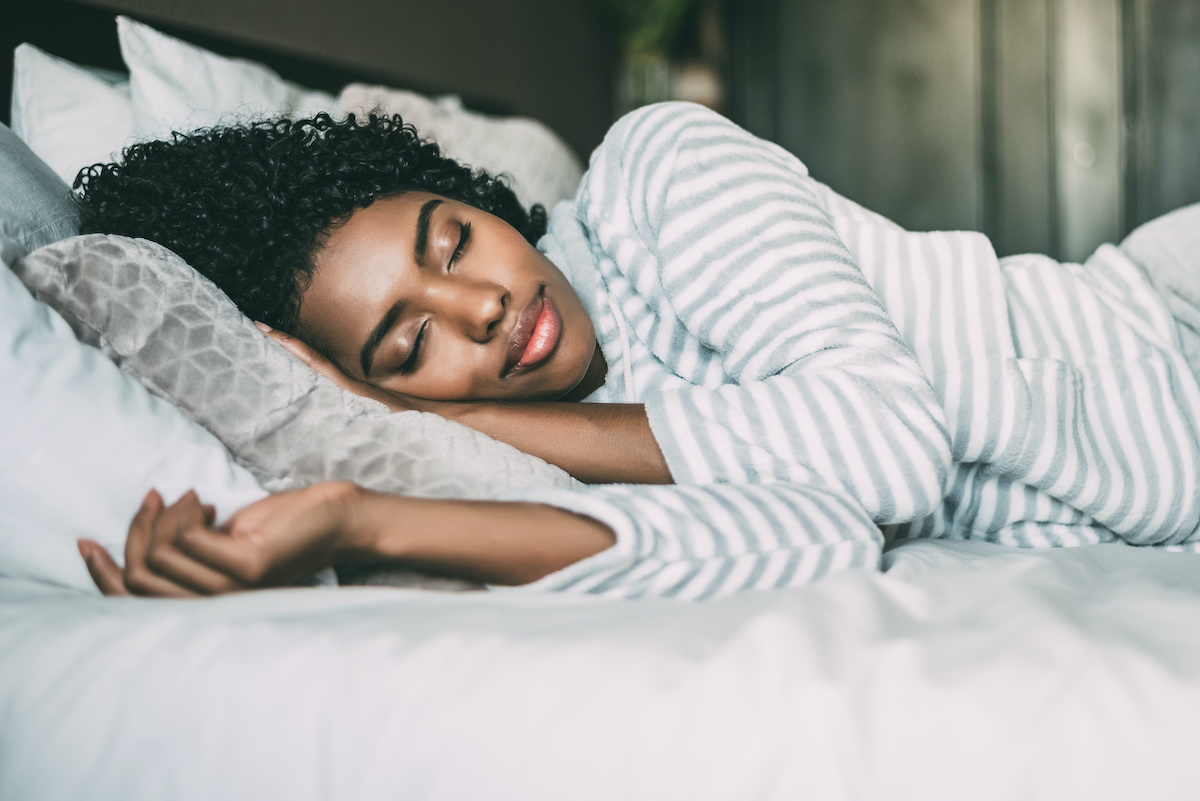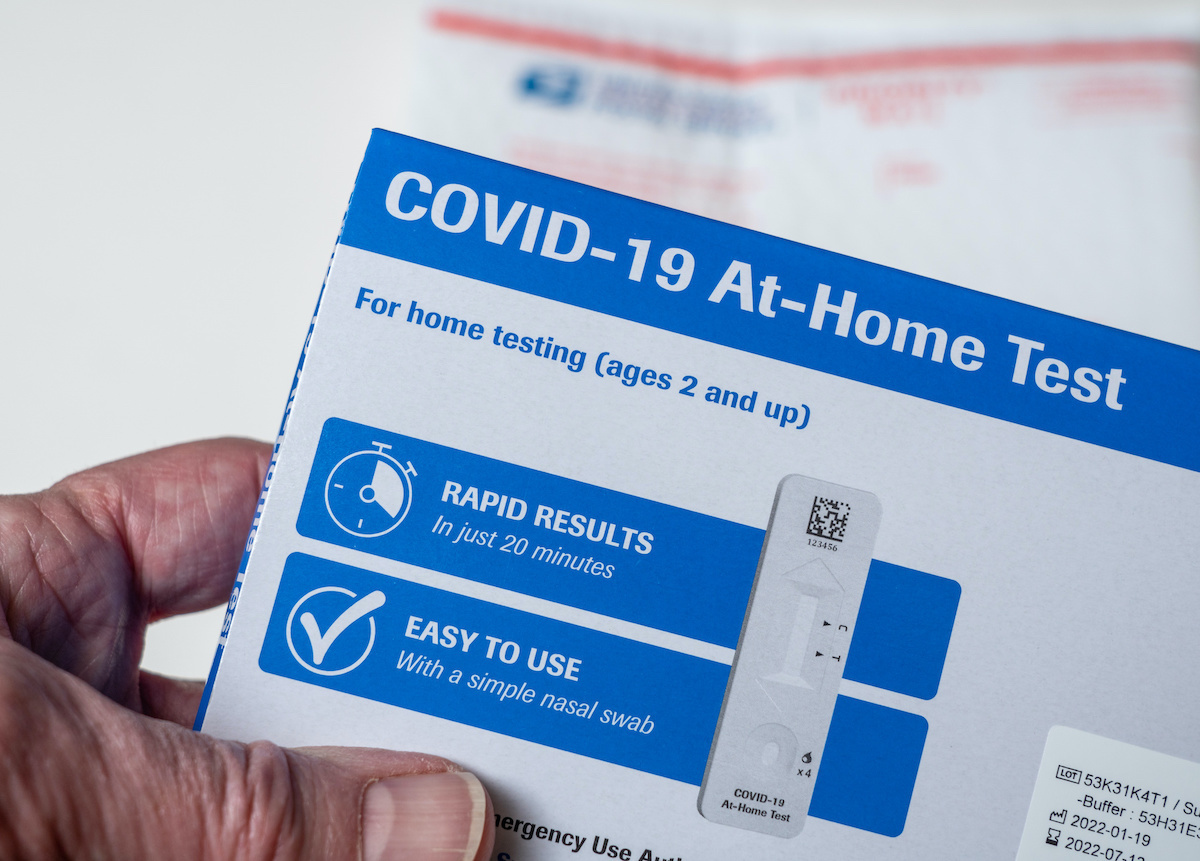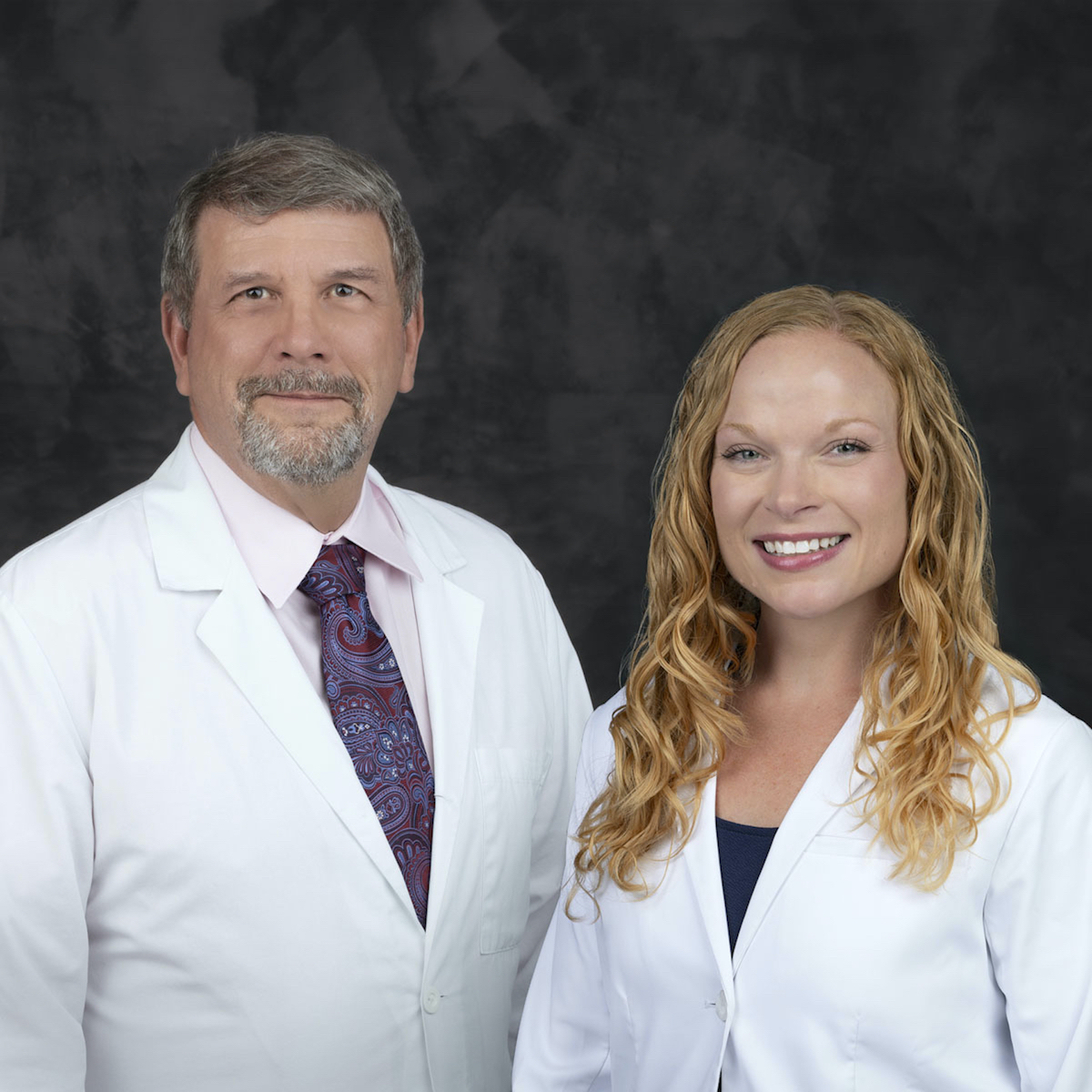
By Tim Newman
Many animals need sleep of some kind, and if evolution has retained a behavior across many species, it must be important. Because sleep has a perpetual association with the ethereal: dreams, altered states, and emotions, it is no surprise that it is tied to a legion of myths.
Here are some of the most common myths related to the ubiquitous snooze.
Myth 1. Your brain shuts down during sleep
Thankfully, our brains do not quit their day job during sleep. Important functions, such as breathing, mean our brains can never fully shut down. In fact, during rapid eye movement (REM) sleep, when most dreams occur, brain wave activity is like that of wakefulness.
Interestingly, despite the high level of activity, it is hardest to wake a sleeper during REM sleep. This is why this stage of sleep is sometimes called paradoxical sleep.
While we sleep, our white and gray matter has much to do. Once we have dropped off, our brain cycles through three stages of non-REM sleep, followed by one phase of REM sleep. In each of the four stages, the brain demonstrates specific brain wave patterns and neuronal activity. This cycle of four stages repeats five or six times during a full night’s sleep.
While some regions of the brain fall quiet during non-REM sleep, other areas leap into action. For instance, the amygdala, most famous for its role in emotion, is active during slumber.
The thalamus is an interesting case. This part of the brain is a relay station for our senses. What we see, hear, and feel arrives first at the thalamus. From there, sensory signals are ferried to the cerebral cortex, which makes sense of the inputs. During non-REM sleep, the thalamus is relatively quiet. However, during REM sleep, the thalamus becomes active, and sends the cerebral cortex the sights and sounds of our dreams.
Myth 2. If you remember your dream, you slept well
Most people dream every night, yet we often don’t remember them. Dreams mostly occur during REM sleep, but they are almost immediately forgotten.
It is only when someone wakes during or just after REM sleep, that the memory of a dream has not yet faded.
Some evidence suggests certain neurons that are active during REM sleep might actively suppress dream memories. These neurons produce melanin-concentrating hormone (MCH), which helps regulate sleep. MCH also inhibits the hippocampus, a key brain region for memory storage.
A study author explains, “Since dreams are thought to occur primarily during REM sleep, the sleep stage when the MCH cells turn on, activation of these cells may prevent the content of a dream from being stored in the hippocampus — consequently, the dream is quickly forgotten.”
Remembering a dream is not an indication of good sleep. It is just that you woke up at the right time to recall it.
Myth 3. Never wake up a sleepwalker
The common claim is that if you wake a sleepwalker, they might have a heart attack or even die. This is not true.
However, if someone wakes a sleepwalker, they can spark confusion and sometimes fear. Some sleepwalkers may act aggressively. A note of caution: do not shout or startle the person and do not physically restrain them unless they’re in danger, as they may lash out.
Sometimes, sleepwalkers can injure themselves as they navigate the house with their eyes closed. For this reason, the best course of action is to try and coax them back to the safety of their bed.
Myth 4. Alcohol guarantees a good night’s sleep
Alcohol reduces the amount of time it takes to get to sleep. Someone who has drunk alcohol might also be more difficult to rouse. Because of this, people often assume that it has a beneficial impact on sleep overall. This is not the case. The quality of sleep under the influence of alcohol is poorer in comparison to sleep without alcohol.
To awake feeling refreshed, our brain must cycle through the highly orchestrated series of phases and cycles mentioned earlier. Alcohol knocks this series of repetitions out of whack.
Self-reported sleep problems are highly prevalent among alcohol users with rates of clinical insomnia between approximately 35% and 70%. To summarize, while alcohol does get you to sleep quicker, the sleep you have will be less refreshing.
Myth 5. Cheese and other foods
This is an old myth that most people in the Western world will have heard. Although well known, one only has to eat cheese before bedtime to find that it is certainly not true for everyone.
However, eating a large meal just before bed, whether it includes cheese or not, can cause indigestion or heartburn, which could interfere with sleep.
If your sleep is disturbed by an active gut, and you become more wakeful more often, you will be more likely to remember any dreams you had. As mentioned earlier, people forget dreams almost as quickly as they form—unless you wake up during a dream, you are unlikely to remember it. And, if your gut is uncomfortable, it might increase the chances of having an unpleasant dream.
The type of meal enjoyed before dinner could also make a difference. Dr. William Kormos, Editor in Chief of Harvard Men’s Health Watch, explains:
“Eating a large meal, especially a high-carbohydrate meal, could trigger night sweats because the body generates heat as it metabolizes the food.”
Again, this is likely to disrupt sleep, increase wakefulness, and therefore increase the likelihood of remembering dreams.
A related myth is that certain foods, including milk, cheese, and turkey might help induce sleep. This is because they contain an amino acid called tryptophan. Tryptophan is necessary for the body to make serotonin, which is necessary for the manufacture of melatonin, a hormone that plays a role in sleep.
Therefore, the theory goes those foods containing tryptophan might aid sleep. The most common of these myths is that Thanksgiving turkey, with its dose of tryptophan, makes someone sleepy after lunch. However, studies investigating tryptophan intake have not found an overwhelming effect on sleep. Additionally, the levels of this acid in a portion of cheese or turkey are not high enough to make a difference.
In summary
Sleep still holds many mysteries. Only through science and research can we eventually unlock more answers. However, as outlined above, there is data to dispel many of the most entrenched myths.
For now, the best advice is to avoid late-night meals, reduce alcohol intake, and be gentle with sleepwalkers.
If you are struggling to get the sleep, you need to address your concerns with your physician or healthcare provider.
Source: Excerpted and adapted from https://www.medicalnewstoday.com/articles/medical-myths-the-mystery-of-sleep











